Sassano

The village of Sassano, close to Teggiano and Sicignano degli Alburni, was born between the 10th and the 12th century. The local dialect features some Latin and Greek words, which testify that the community existed even before the arrival of Normans and the Basilian monks.
A first settlement surely refers to the toponym “Sasso Sano”, meaning a safe rise far from the marshes of the Vallo (valley). During the 12th century, Sessano passed under the rule of the state of Diano, along with the “casali” of Sant'Arsenio, San Pietro, San Rufo and Monte San Giacomo. The 17th century saw the building of a number of chapels, Gentilitial palaces and the renovation of the Church of St Giovanni Evangelista. The village depended on the state of Diano until 1740.
At the entrance of the built-up area, park your car and continue on foot to the so-called “La Fontana”: rich in waters, where the Basilian Monks – erecting the Grancia di St Zaccaria – made the basis for the future village. Continuing to the upper part of the village, you will find small chapels dating back to the 18th century: St Pietro, St Giuseppe, della Madonna dei Cieli e della Terra. Arrived at the historic centre and over Palazzo Picinni, there is Piazza Umberto I and the Chiesa Madre, dedicated to St Giovanni Evangelista, as mentioned before. The church preserves notable baroque frescoes and a stunning ligneous crucifix. On top of the hill, where to admire a fabulous panorama, is the 21st-century of Santissima Annunziata.
Sessano is also called “paese delle orchidee” – village of the orchids – which have found their natural habitat in this mountainous area. Sassano boasts indeed 54 out of the 120 species present in Italy, a number destined to increase, thanks to the new hybrids that grow up spontaneously.
Ask our staff about self-catering homes in Cilento National Park.

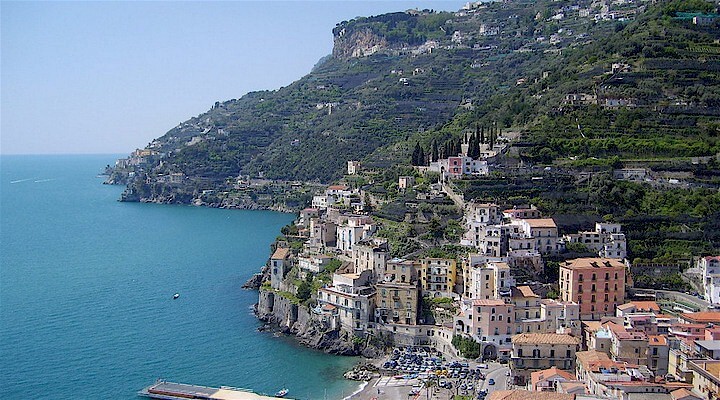 Amalfi Coast
Amalfi Coast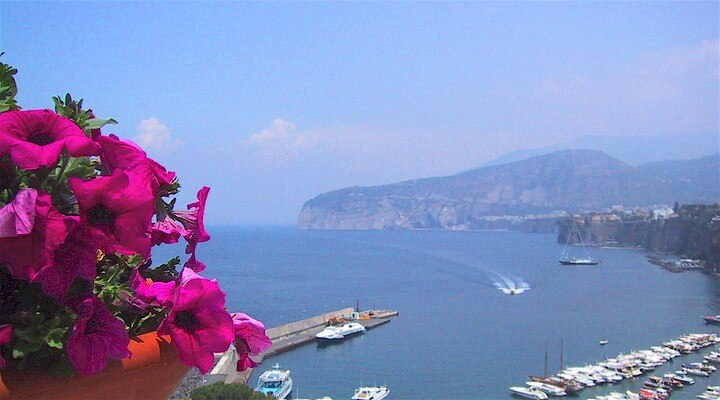 Sorrento Coast
Sorrento Coast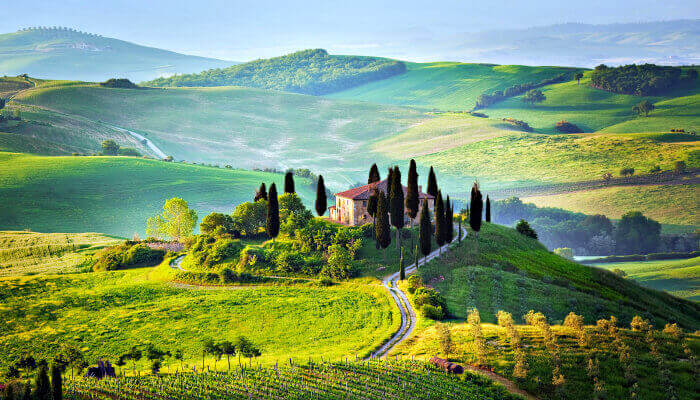 Tuscany
Tuscany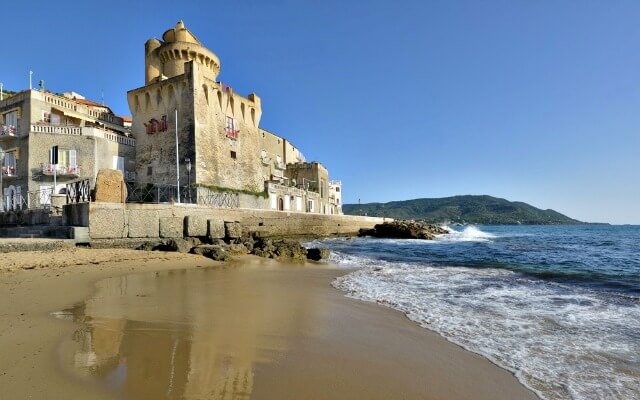 Cilento National Park
Cilento National Park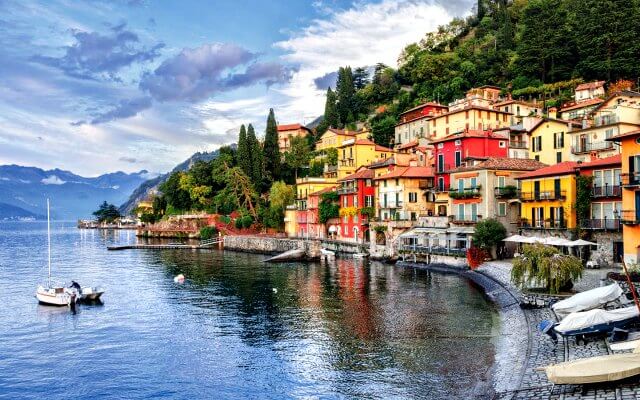 Lake Como
Lake Como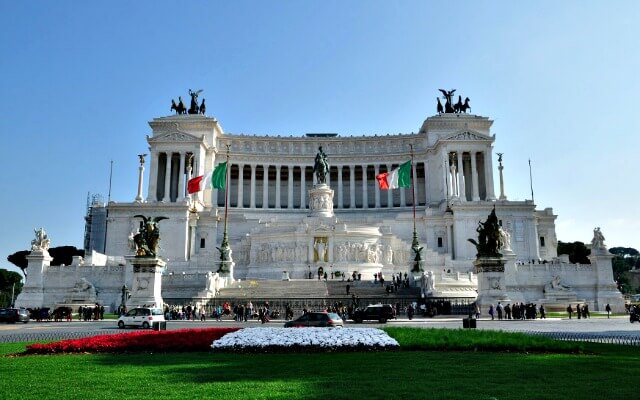 Rome and Latium
Rome and Latium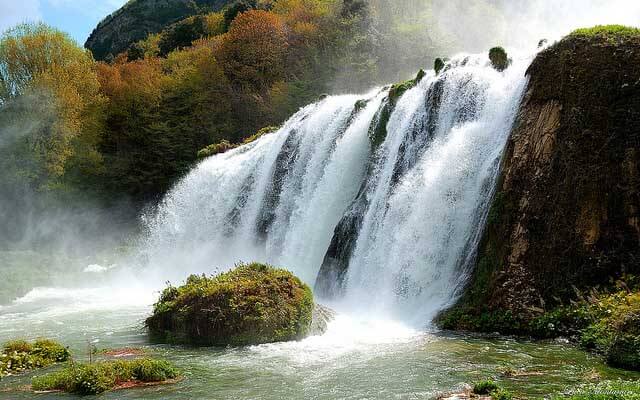 Umbria
Umbria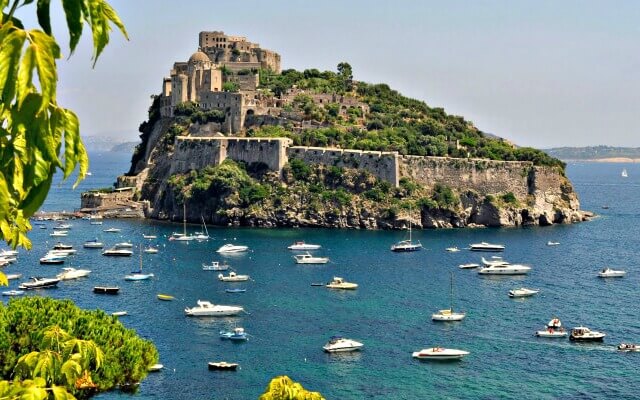 Capri and Ischia
Capri and Ischia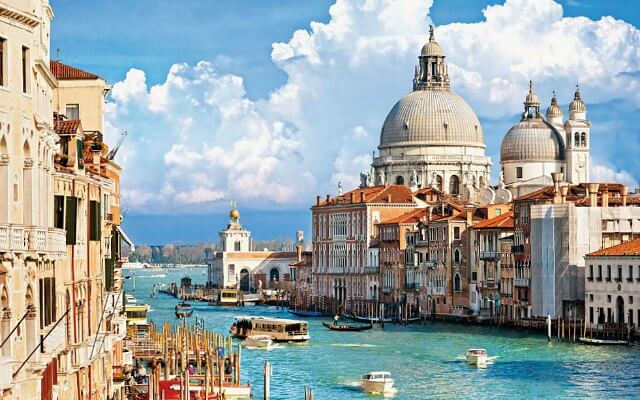 Venice
Venice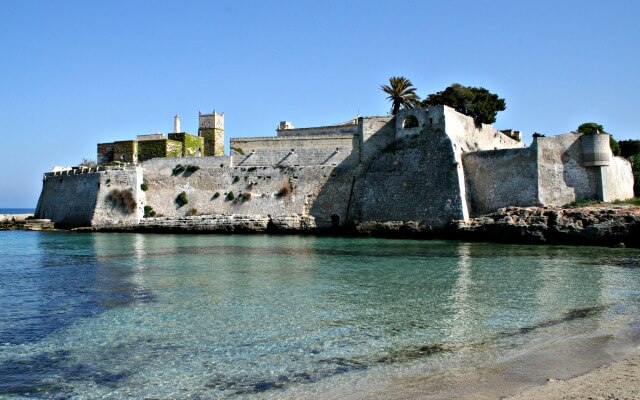 Puglia (Apulia)
Puglia (Apulia)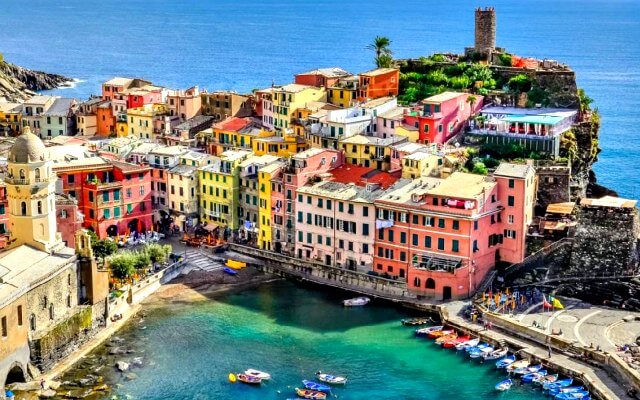 Liguria
Liguria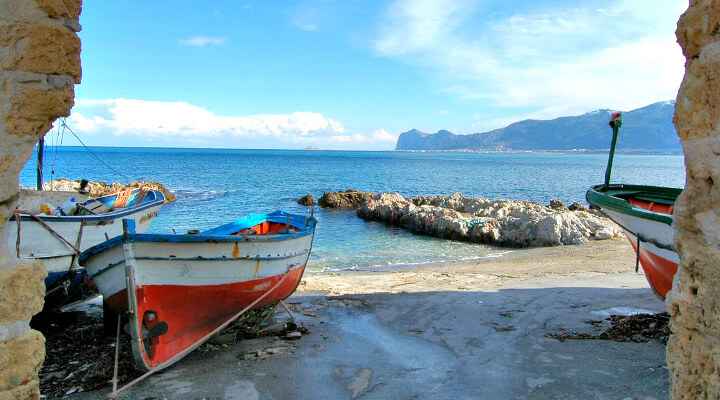 Sicily
Sicily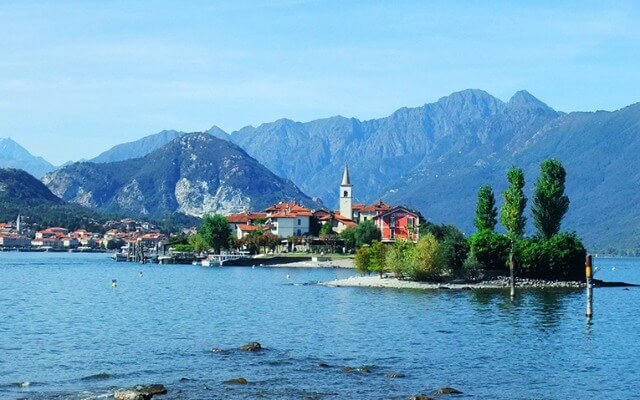 Lake Maggiore
Lake Maggiore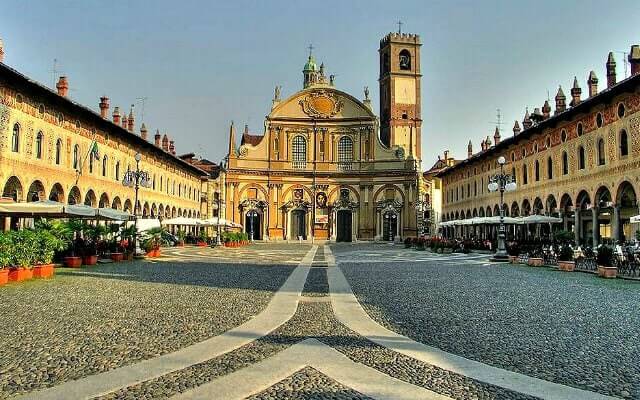 Lombardy
Lombardy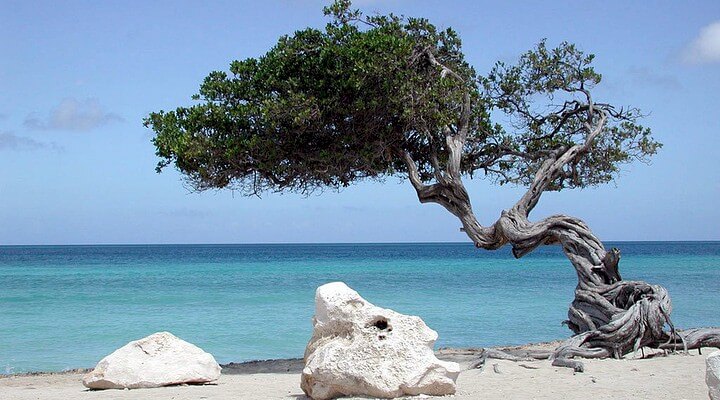 Sardinia
Sardinia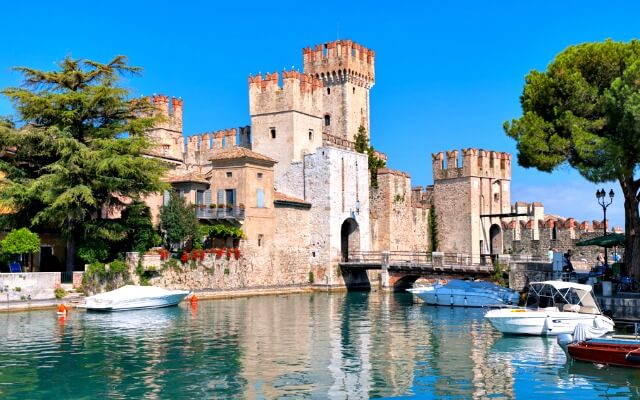 Lake Garda
Lake Garda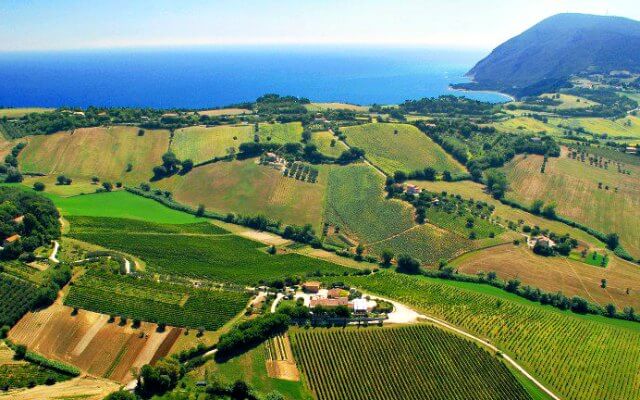 Abruzzo and Marche
Abruzzo and Marche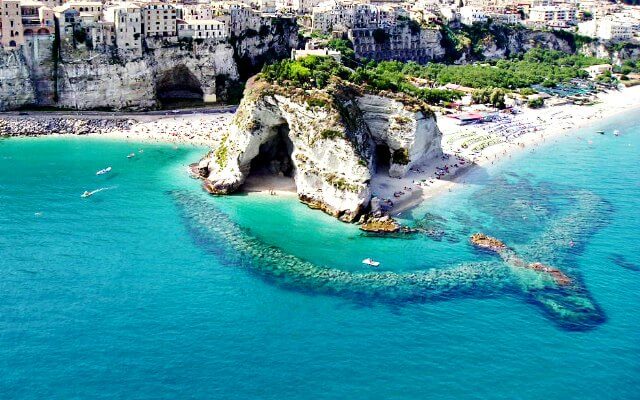 Calabria
Calabria

